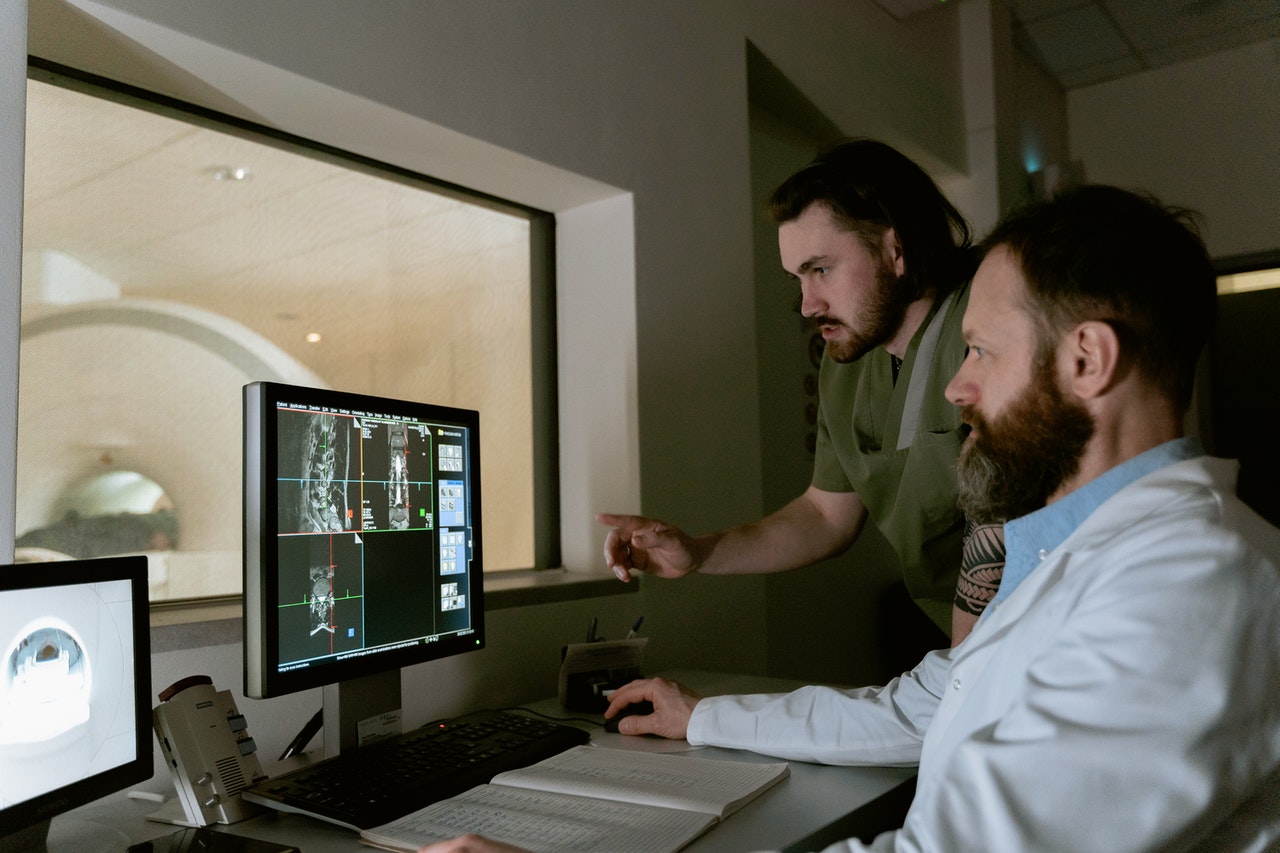Waking up every day to tackle the requirements of a job description that no longer interests nor fulfills you can put you in an upsetting position.
Despite how many people would have it said, the prospect of work does not have to be consistently stress-inducing, particularly if you find yourself doing a job you find truly meaningful.

Most employees do not actively despise their jobs, however, yet not hating work is a vastly different concept to feeling positively fulfilled by it.
If this is beginning to sound relatable, it might be worth thinking about the wealth of opportunities offered up through a STEM career.
What’s so Great About STEM?
The subjects of science, technology, engineering, and math can often provide the means by which real change is brought about in society, so it might be argued that there is no shortage in the way of fulfilling career prospects to be explored in the field.
From healthcare solutions and data analysis to chemical engineering and academia, positive change is usually driven by dedicated individuals who, at one point, might have no idea how fulfilling their career would turn out to eventually be!
If you happen to possess an unrelenting desire to get yourself to the forefront of technological innovation, or even just a little interest in why a cool electronic gadget works the way it does, you likely own a similar mindset to the one belonging to the modern inventor.
The number of industries that STEM graduates can thrive in is close to unbelievable, so whatever your particular skill set happens to be, there will probably be an opening with your name written all over it.

What do You Need to Succeed?
Suppose you can take an analytical approach to solve problems. In that case, you thrive on working in a team of like-minded colleagues, and you have a great understanding of math and science, then you will no doubt find an area of work in which you can fully apply your diverse range of skills.
An appetite for learning and a desire to develop your professional skills at every possible turn can also be incredibly helpful. Standing at the limits of human knowledge as a simple part of your day job will quite possibly require you to keep your brain thirsting for more information.
If you ever find yourself lost in the pages of a spellbinding new science article, this is great news, as possessing a natural affinity for seeking out modern technological developments and discoveries can mean you have a curious mind. Curiosity, communication, and the ability to always ask “how?” and “why?” can sometimes be the tools that build the best answers to familiar problems.
Changing Direction Through Online Learning
In recent years, moving online has been the flavor of the day in many aspects of modern life; and education is no different.
Online learning can offer hopeful students a top-class education, complete with all the flexibility and freedom they require to complete the course in their own time.
This can be an exciting prospect for anyone who wishes to take up a STEM education alongside their current career, which may not have been a possibility in the past.
Advanced degrees are also available for people who have a decent amount of experience in the relevant fields. Sometimes, a qualification is all that is needed to open up brand new avenues of career possibilities.
To get an idea of what to expect from a high-quality online degree, you may want to check out an engineering management blog, as this can give you some first-hand insight into the matter.

Which Career Path is Right for You?
Individuals skilled in STEM subjects will undoubtedly possess a host of transferrable skills that will apply to a range of fields, so it might be worth thinking about which of life’s many dimensions has you most interested, as this can help narrow down your search. A few ideas might include:
- The Natural World -If the natural world captures your attention with its enigmatic allure, a job as a conservation biologist can be an immensely fulfilling pursuit. Biology is a diverse field that spills over into a host of essential industries, including healthcare and ecology.
- Big Data – The ever-growing data mine that is the digital realm can be an interesting area to explore for anyone with a love for numbers and an analytical brain. If you can recognize a pattern in a thunderstorm of information, you may be able to start seeing solutions to problems that were hidden in plain sight all along.
- Engineering – Have you ever taken apart a product to see if you could put it back together? If so, you may have the traits necessary to start a promising career in engineering. From building airplanes and bridges to cars and computers, engineers are often at the cutting-edge of technology.
- Finance – Investment banking can provide a highly lucrative job for a math fanatic, as can consultancy, and since mathematics is also the language of the universe, a job as a physicist might also be ideal.
It might even be worth taking a look around your immediate vicinity and seeing which gadgets you have lying around because if they interest you or help you out in anyway, it is useful to note that a STEM graduate possibly had a hand or two in making them a reality.
There are many more fields worth exploring, and ultimately what makes your career a fulfilling one will be down to what you personally value the most out of work. For many, a job they love doing will add new meaning and purpose to the way in which they define the regular working day.
Nurturing Your STEM Skillset
Nurturing any skillset takes perseverance and time, and you can start doing so right now! Reading as much as possible is one of the many keys to success, from books to blogs and everything in between.
Another great way to nurture any given skillset is get involved with the community, forums and online community pages can be good in this area, and you might always make some lasting connections that can help you on your journey towards a new and more fulfilling career.